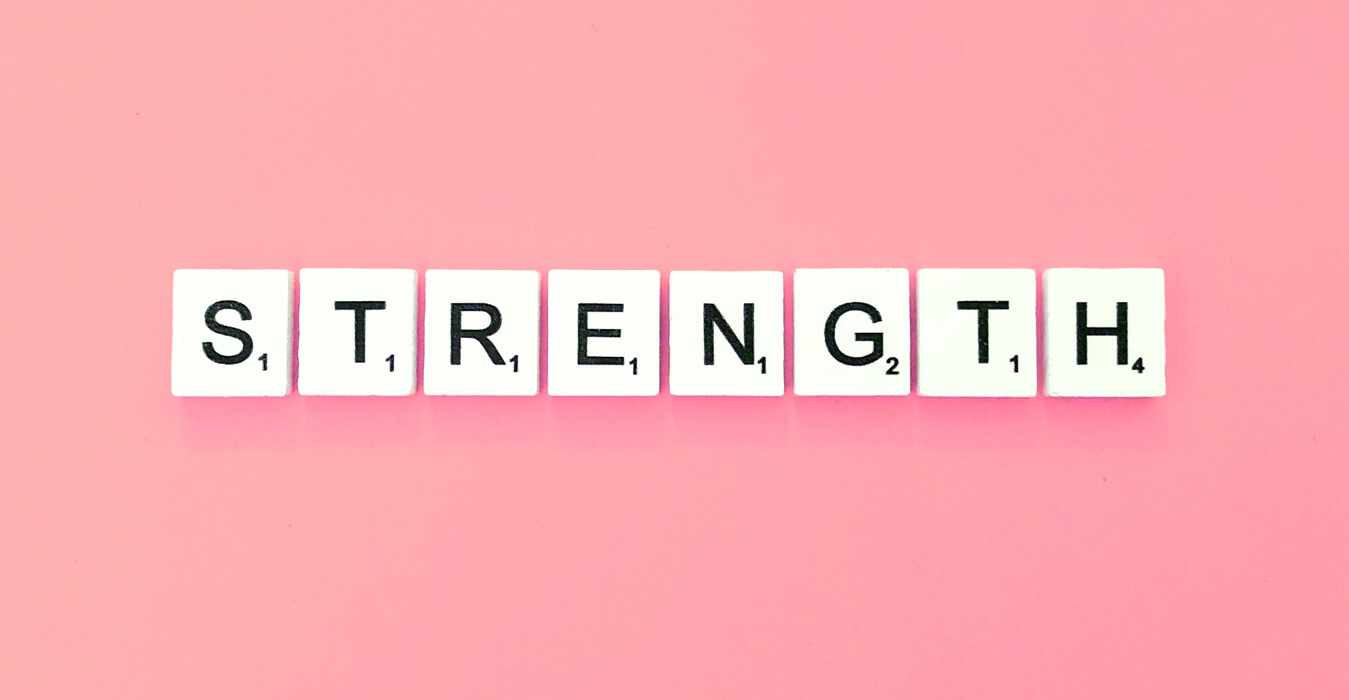Just off the top of your head, what are your professional strengths? How would you answer this question if an interviewer asked you this? Why does it feel awkward talking about your strengths?
“Skill and confidence are an unconquered army.” – George Herbert
Just off the top of your head, what are your professional strengths? How would you answer this question if an interviewer asked you this? Why does it feel awkward talking about your strengths?
The natural hesitation you feel probably comes with this internal thought: How do I answer this without coming off too braggy? The key is preparation and delivery.
So how exactly does this play out? We have a simple 2-step process to tackling this tricky question.
1. PREPARATION
Assess Your Strengths
As cool as water skiing is, this is not the type of strength you should bring up in a job interview (unless you’re applying to be a lifeguard or extreme water skier). As you list out the strengths you want to bring up, think about your traits as 3 different categories.
- Skills gained from education and experience: What do you know? Degrees? Languages and programs? Certifications? These are your knowledge-based strengths.
- Skills that work for any role: What are your strengths that work with different roles? More critically, what strengths of yours did you use at your last job that are transferable to the role you are applying to? People skills? Analytical? Organizational skills? We call these your fluid strengths.
- Skills that your friends would say you have: What strengths of yours are unique to your personality? Are you flexible? Creative? A team player? These are the strengths that you’ll probably think of first since they are your personal strengths.
Draft Your Response
Now that you have some strengths to work off of, craft your hypothetical response. Pick a few (3-5) of your top traits that you feel will be most advantageous for you if you were to be chosen for the role. In fact, match as closely as you can to the original job description to further emphasize how perfect of a fit you would be for the position and give specific examples of these strengths put to work. Think of this response as your offer to the company. If you get asked this question (which you most likely will), make the most of your answer. When it comes down to it, the interviewer is simply looking for a match for the role. Make it as clear as possible why you are that match.
For instance, say you’ve picked HTML, organizational skills, and creativity as your strengths. Your response might look something like this:
“My strengths are my experience working with HTML, my ability to stay organized with many different projects, and my creativity. In my previous role, I used these skills to completely redesign our product in an effective and aesthetically pleasing format that reduced our bounce rate by 30%.”
Short, simple, and to the point. This response not only conveys your professional competency but also uses data to prove how your strengths best benefitted your last (or current) employer.
2. DELIVERY
Avoid the Robot Voice
Be cautious of over-preparing your answer. Your interview should feel like a natural conversation. You would never recite a script to someone in normal conversation, so why would you do it when you’re talking to an interviewer? Your draft is simply a way for you to visualize how you would respond, not necessarily something you should memorize word-for-word. Memorizing could result in (1) the dreaded robot voice during your interview or (2) forgetting a piece of your answer, throwing you off your game for the rest of the interview. If this is one of the first questions you’re asked, this is not a situation you want to end up in.
Confidently You
Here’s the bottom line – you are talented! You have the education, the background, and the skills to back up your claims. As you prepare, you may find that this question is a lot easier to answer than you first thought. When your interviewer asks this question, answer honestly and answer confidently. As we quoted in the beginning, “Skill and confidence are an unconquered army.”




